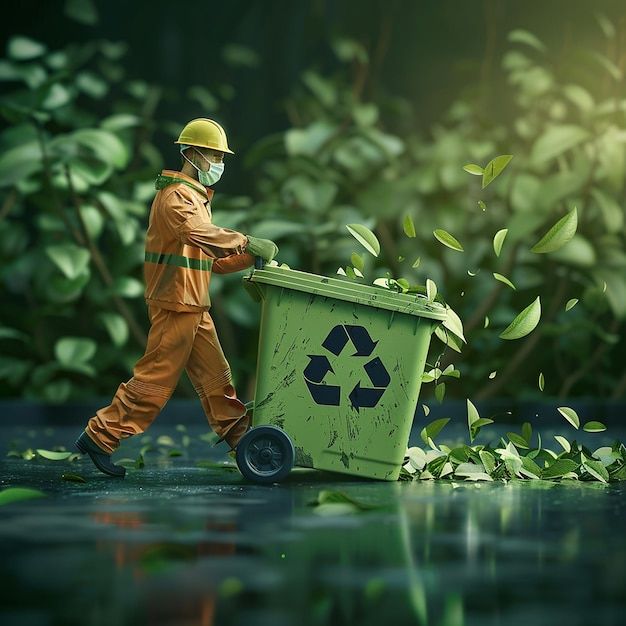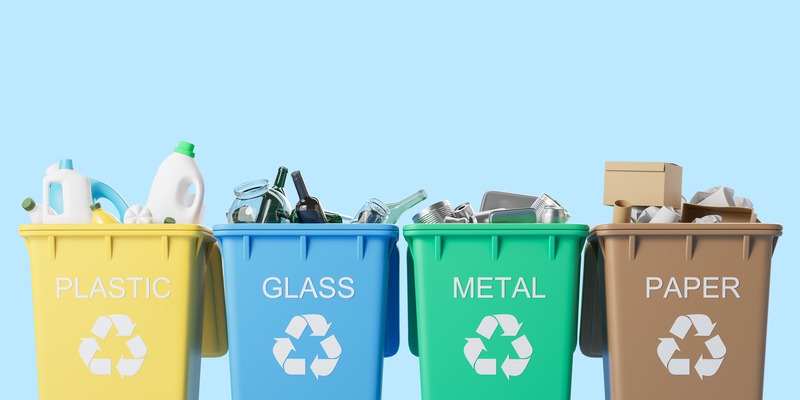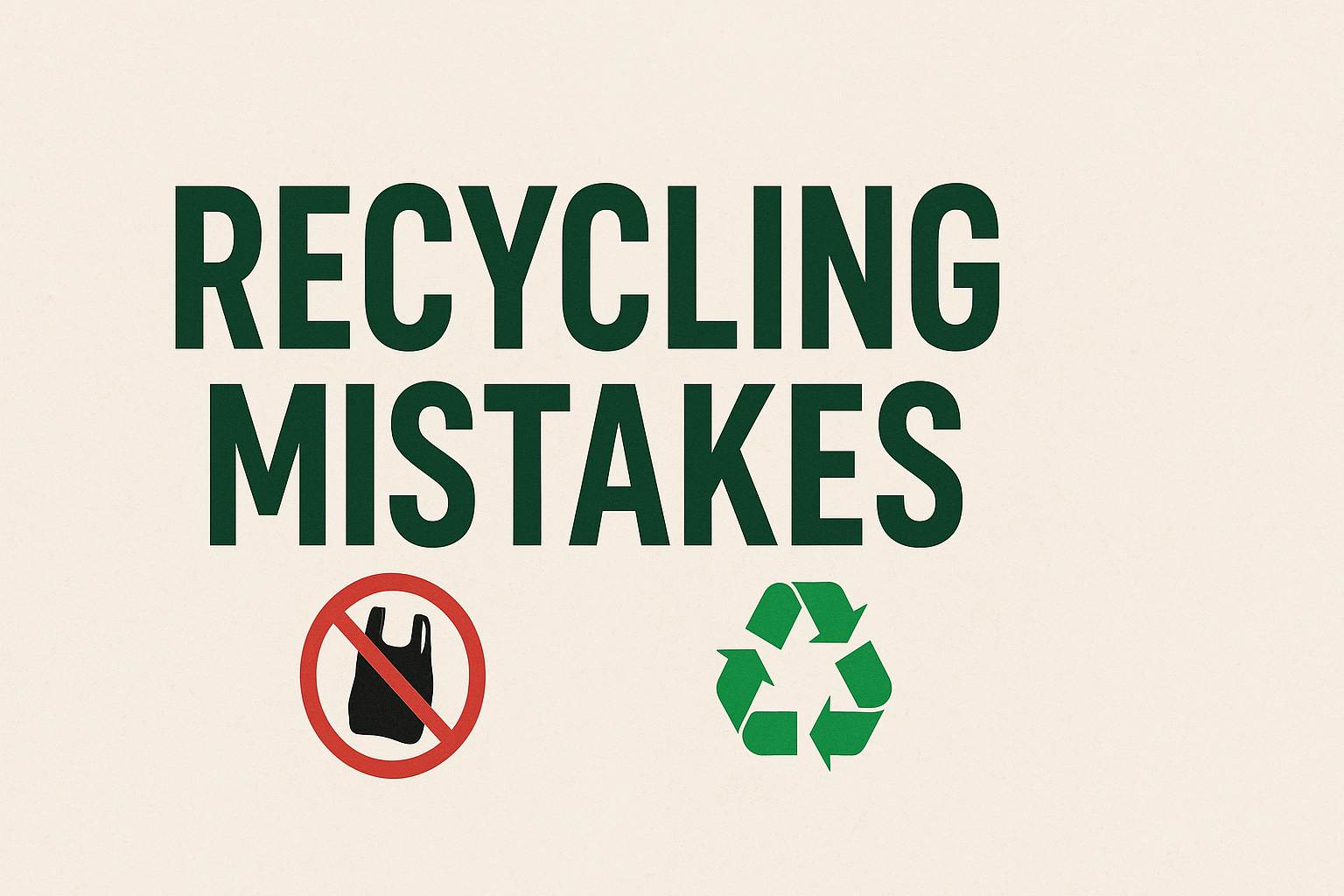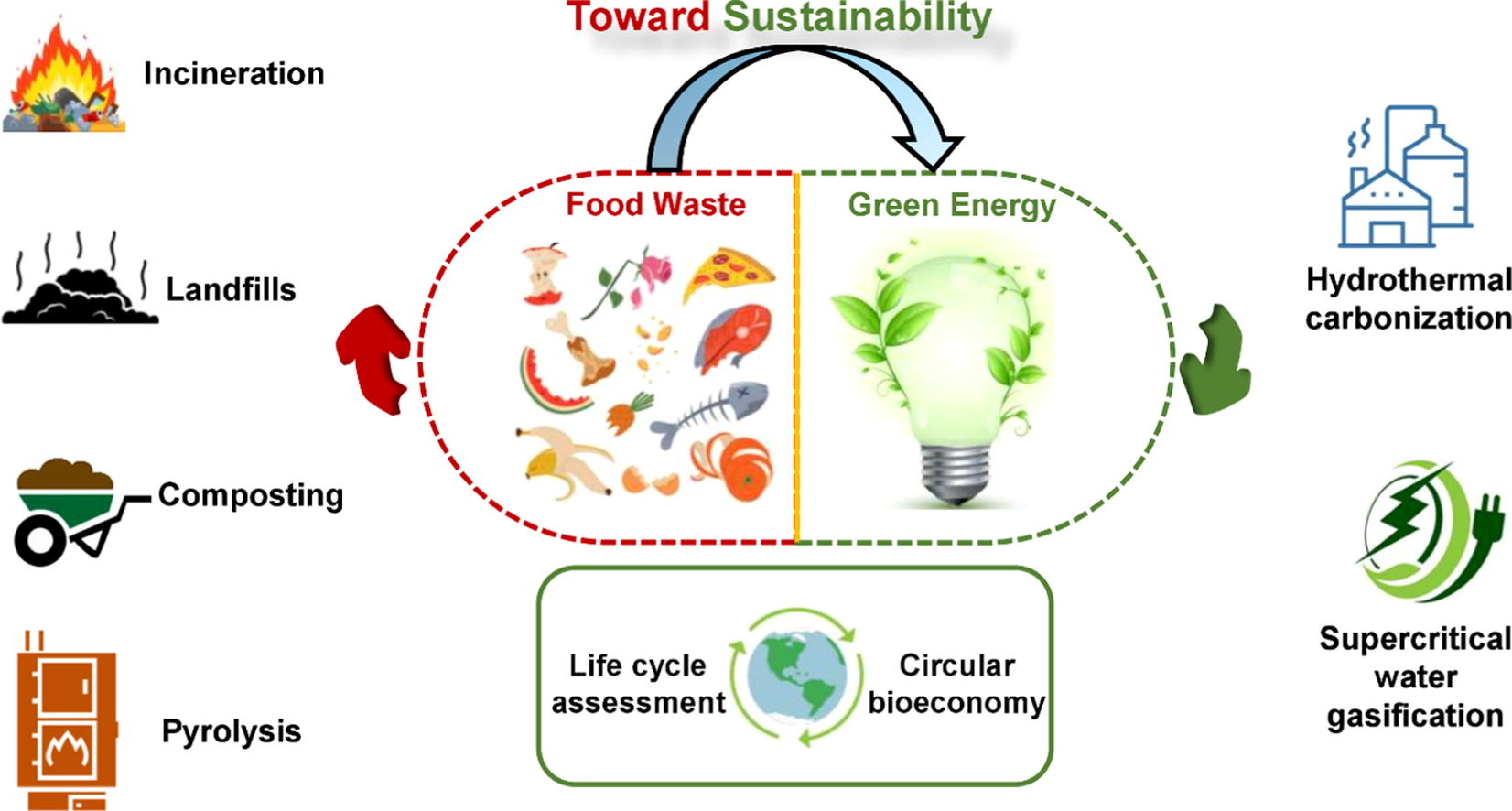
Waste Management Insights

Why Sorting Your Waste Properly Matters
Discover how proper segregation helps recycling and reduces landfill overflow.
Top 5 Mistakes People Make When Recycling
Learn the common errors such as mixing plastics with paper or leaving containers dirty.
Turning Food Waste into Energy
See how composting and biogas systems transform waste into renewable energy.